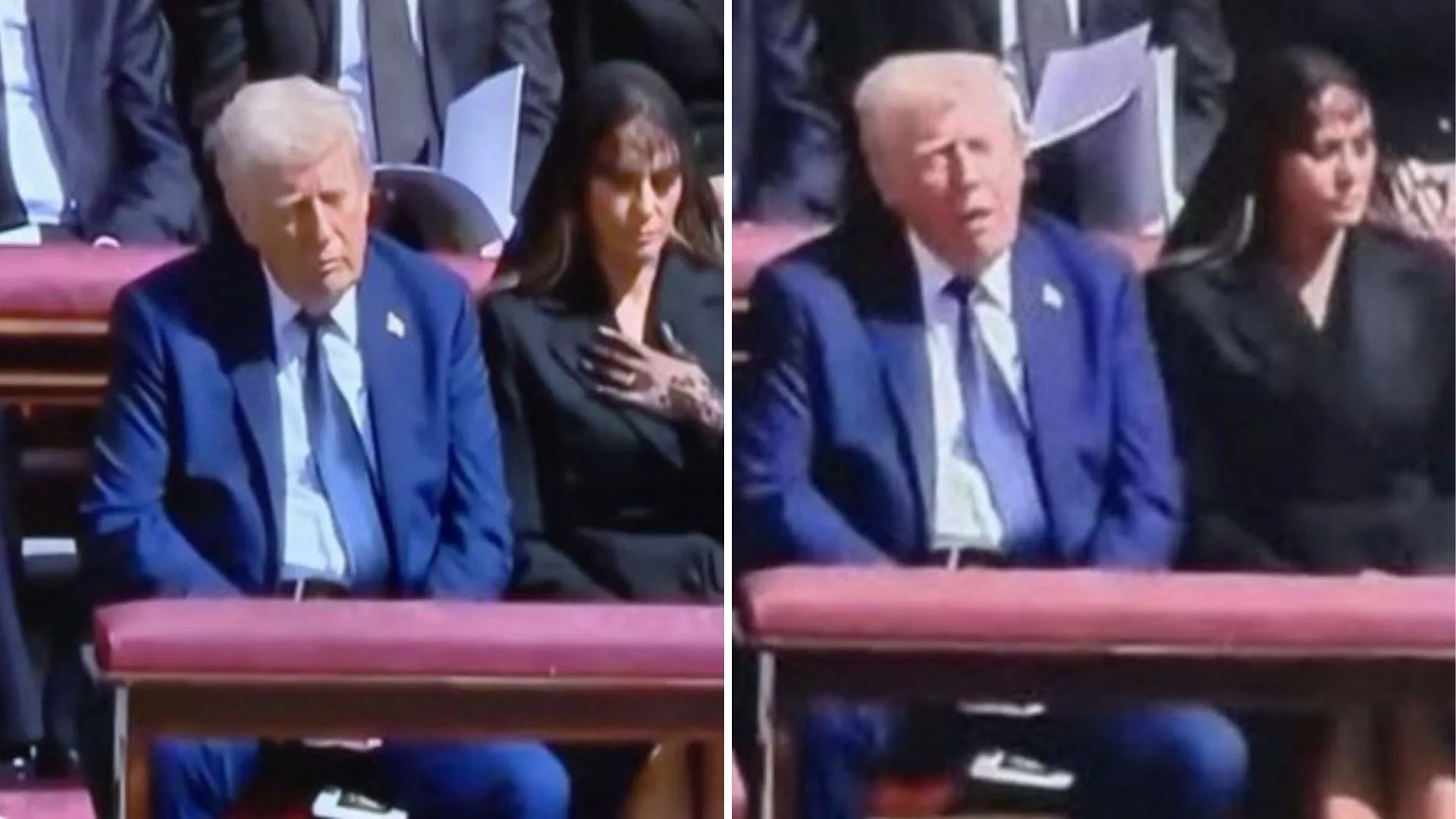West Bengal Chief Minister Mamata Banerjee expressed her deep sorrow over the passing of veteran industrialist and Tata Sons Chairman Emeritus Ratan Tata, calling his demise an “irreparable loss for the Indian business world.” Tata, a prominent figure in India’s industrial landscape, died late Wednesday at the age of 86 after a brief illness. He had been admitted to Mumbai’s Breach Candy Hospital on Monday due to a sudden drop in blood pressure and was in critical condition in the intensive care unit (ICU).
In her message on X, Banerjee conveyed her condolences, stating, “Saddened by the demise of Ratan Tata, Chairman Emeritus of the Tata Sons. The former Chairman of Tata Group had been a foremost leader of Indian industries and a public-spirited philanthropist. His demise will be an irreparable loss for the Indian business world and society. My condolences to all his family members and colleagues.”
A Historic Protest and Its Impact on Politics
The relationship between Ratan Tata and Mamata Banerjee was not only marked by mutual respect but also by significant political events. Seventeen years ago, Tata found himself at the center of a major protest in West Bengal, which played a pivotal role in shaping Banerjee’s political career.
In 2006, the Left Front government, led by Chief Minister Buddhadeb Bhattacharjee, announced a substantial land acquisition of 1,000 acres in Singur for the Tata Group to establish a Nano car manufacturing unit. While the move was intended to boost industrialization in the state, it sparked widespread agitation, spearheaded by Banerjee, who opposed the acquisition and demanded that the land be returned to the farmers.
Despite the completion of the land acquisition process and the commencement of construction on the Nano plant, Banerjee initiated a 26-day hunger strike, rallying support from various environmental activists and the local community. This protest was instrumental in her political ascent, enabling her to challenge the three-decade rule of the Left Front in West Bengal.
The Decision to Relocate the Nano Project
As Banerjee’s movement gained traction, Tata Motors ultimately decided to withdraw from West Bengal, announcing on October 3, 2008, that they would relocate their production facilities for the Nano cars to Gujarat. Ratan Tata addressed the media shortly after the announcement, saying, “We have decided to move the Nano project out of West Bengal. It was an extremely painful decision, but there was no other option. There is also a great feeling that we are doing the right thing.”
He cited the unrest surrounding the Singur movement as a significant factor in the company’s decision, remarking, “You cannot run a plant with police protection. We cannot run a plant with walls broken. We cannot run a project with bombs thrown. We cannot run a plant with people intimidated.”
Legal Victory for Tata Motors
In a recent development, Tata Motors secured a major victory concerning the Singur plant case, with the company awarded Rs 766 crore in compensation for losses related to the abandoned Nano manufacturing unit. This resolution marked a significant chapter in Tata’s long-standing relationship with West Bengal.
As India reflects on the life and legacy of Ratan Tata, Banerjee’s poignant remarks encapsulate the profound impact he had not only on the business world but also on society as a whole. His contributions will be remembered as a guiding light for future generations of industrialists and entrepreneurs.






















